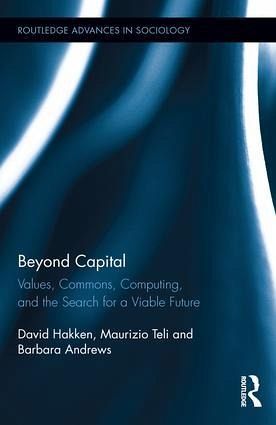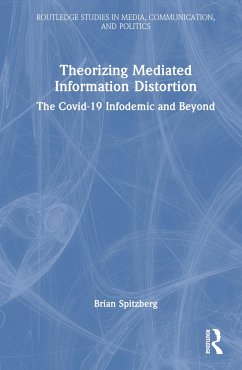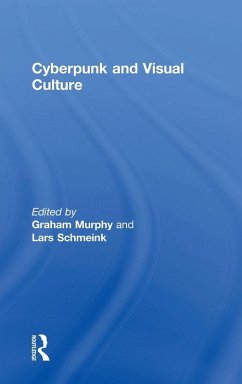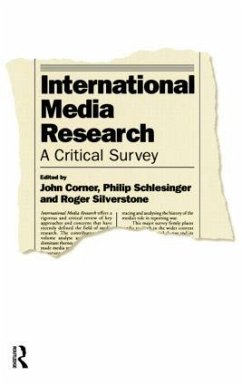
Beyond Capital
Values, Commons, Computing, and the Search for a Viable Future
Versandkostenfrei!
Versandfertig in 1-2 Wochen
177,99 €
inkl. MwSt.

PAYBACK Punkte
89 °P sammeln!
Capitalism's recent crisis revealed how it still generates collapse, reviving the search for a better future. This book argues for an alternative set of values, some suggested by computing practices. Neither hyping computing nor attempting to sterilely designing a Utopia, it outlines a set of values for the future.












